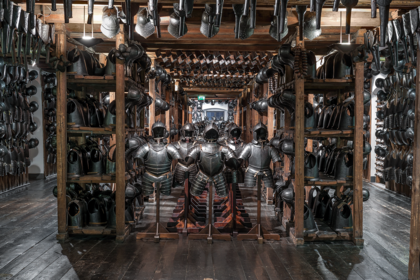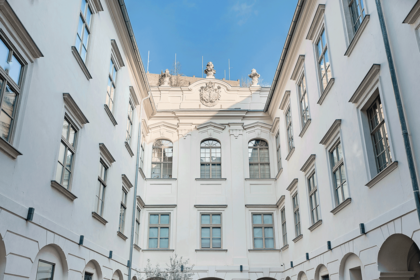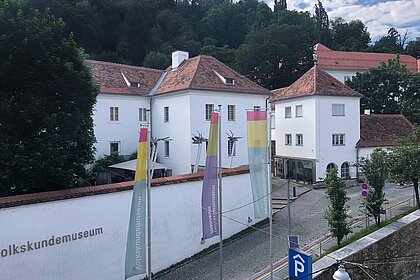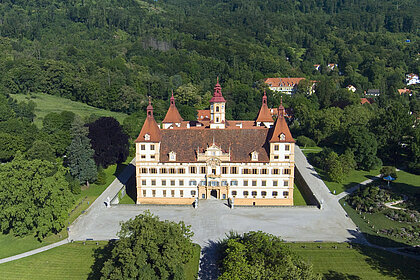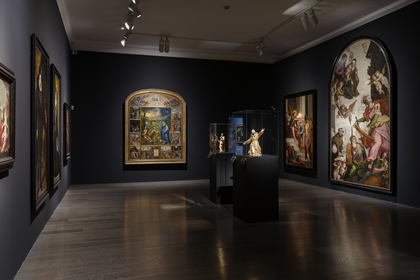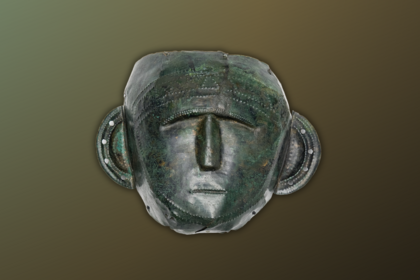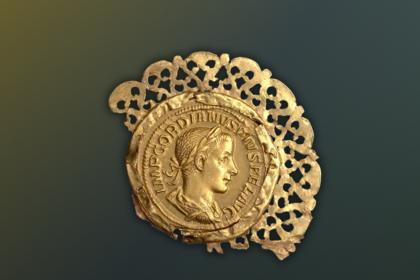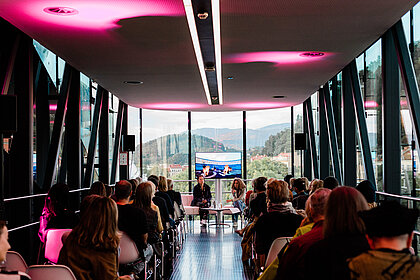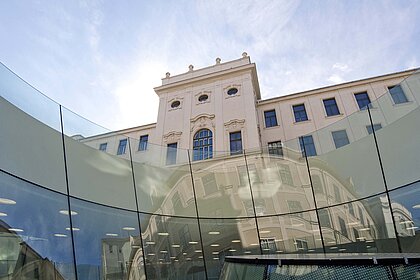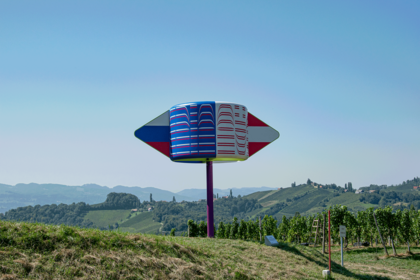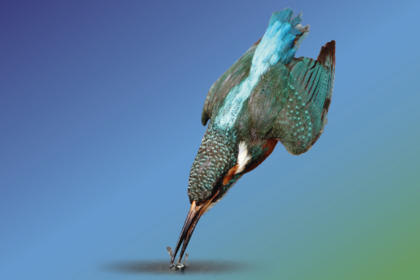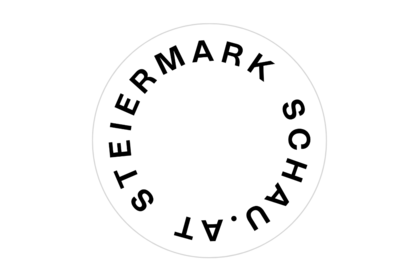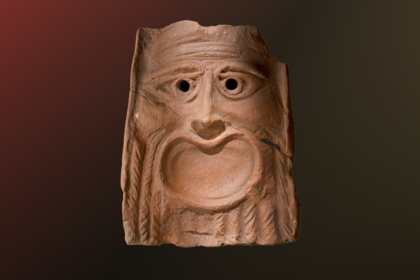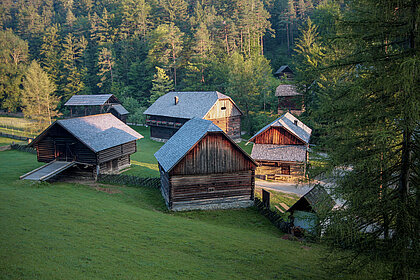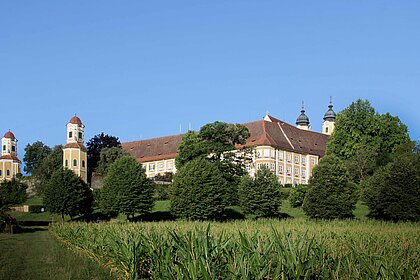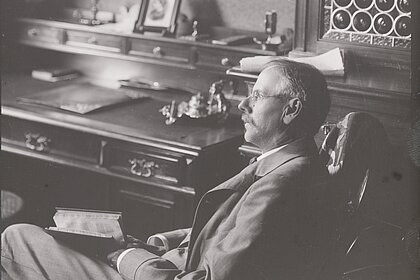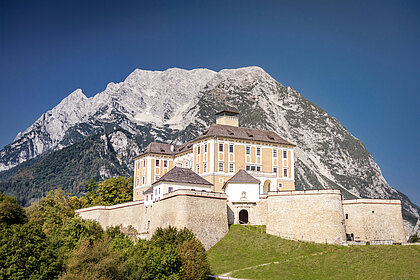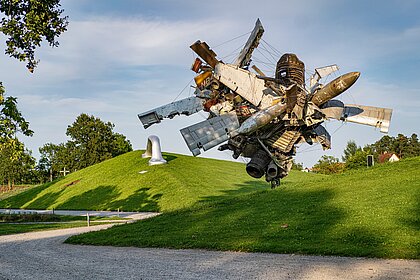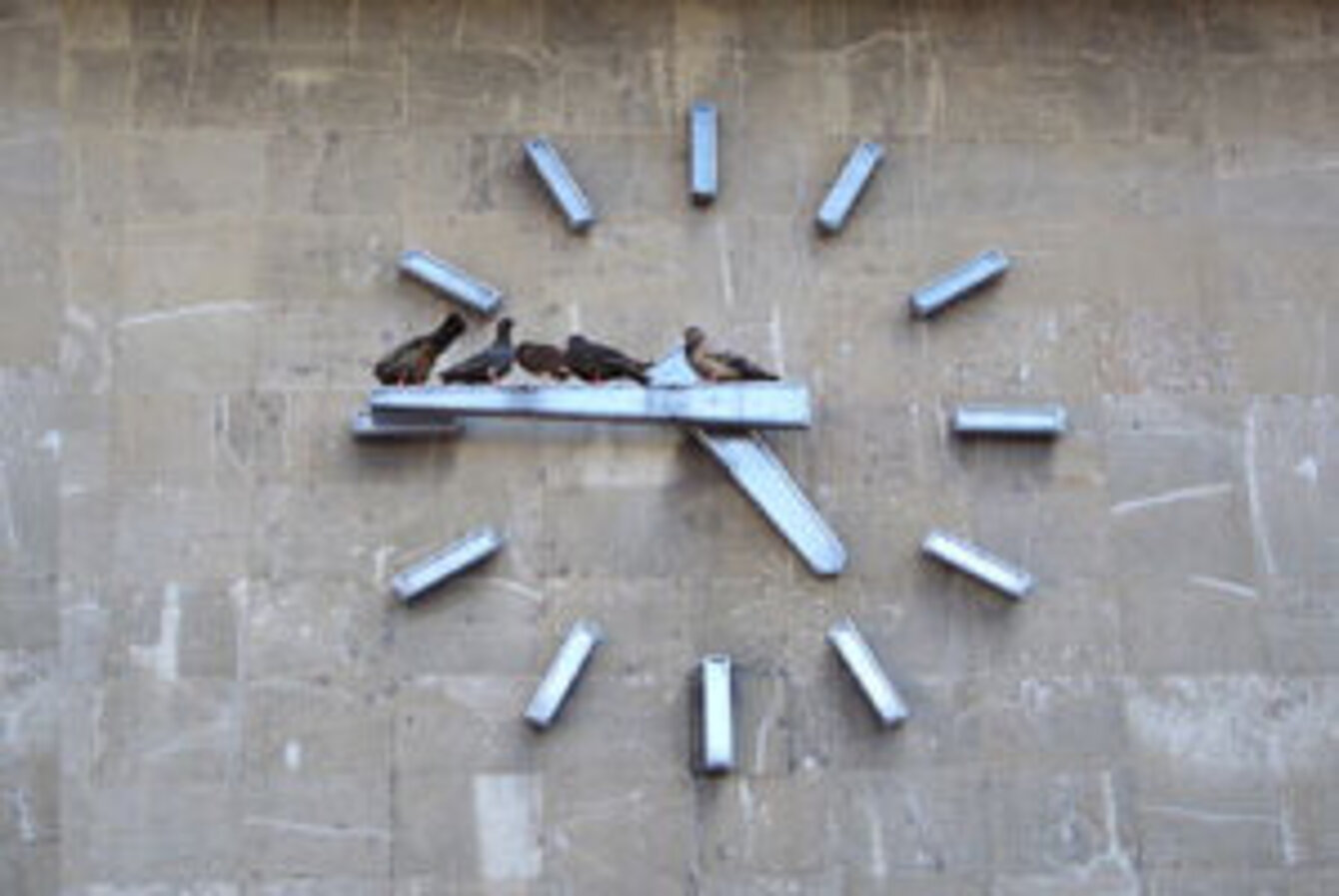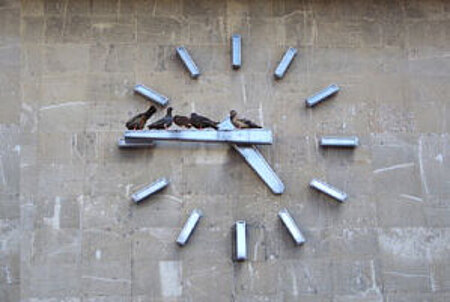The link between publicly funded cultural institutions and politics is characterized by a fundamental tension: on the one hand, there are changing political officials, whose actions are determined by the programmes, principles, and values of their parties as well as their own interests and focuses. Based on these factors, requests are defined, and decisions are made on the allocation of funding and positions. On the other hand, the representatives of cultural institutions, who feel obliged to institutional traditions, their respective scenes and scientific communities, and their audiences, must explain their programmes to sponsoring organisations and political decision-making bodies. Unsurprisingly, this description also applies to public museums, in which those responsible must walk a tightrope between emancipatory demands and political diplomacy in these times of political power shifts. There are not many strategies on how to walk this fine line, and only limited discussion on one’s own situation. One of the most common reasons given for this is that museums are already committed to the greatest neutrality and are not political sites. Yet, in light of political influence on the museum’s fields of knowledge and activities, it seems reasonable to reflect on this standpoint. May/can/must museums be political sites? What does this even mean in practice? And does being apolitical thus mean being meek too? The workshop will examine what opportunities for political participation museums possess and can offer their audiences, and what consequences there may be for museums that refrain from participating in the public political discussion.
